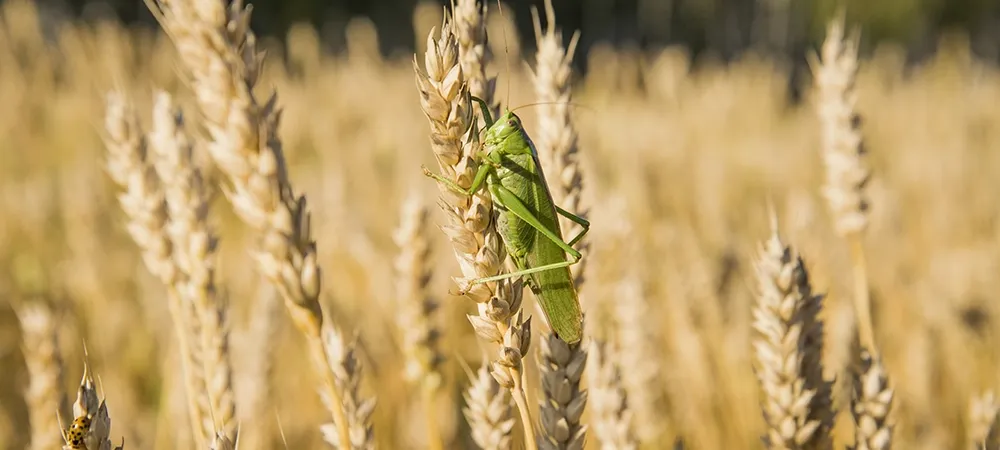Keeping Locusts Away From Your Crops: Natural and Effective Pest Control Tips

Locusts—commonly referred to as grasshoppers—can wreak havoc on your garden or farmland. These voracious plant-eaters are capable of flying, allowing them to spread rapidly and cause widespread crop damage. Whether you're a backyard gardener or manage a small farm, locust control should be a key part of your pest management strategy.
Locusts and grasshoppers are especially active during the warm summer months, posing a serious threat just when your summer or fall crops are nearing harvest. If you’ve noticed chewed leaves, stripped stems, or swarms of flying insects, it’s time to take action.
Professional Locust Control Services
The most effective step in dealing with a grasshopper infestation is to call a professional pest control company. Our team at [Your Company Name] has extensive experience protecting crops from locusts and similar garden pests. We offer eco-friendly, targeted solutions to eliminate existing insects and prevent future outbreaks.
How to Prevent Locusts in Your Garden or Field
1. Till the Soil to Destroy Locust Eggs
Female locusts lay their eggs in the soil, so regular tilling—especially in early fall (around September)—can destroy eggs before they hatch. This not only discourages nesting but also helps aerate your soil and improve composting of ground cover.
Bonus Tip: Tilling between crop rotations supports integrated pest management (IPM) practices and keeps your soil healthier long-term.
2. Use All-Purpose Flour as a Natural Insecticide
Believe it or not, all-purpose flour can double as a non-toxic locust deterrent. When sprinkled on plant leaves, the flour gums up the locusts’ mouths, preventing them from feeding.
- Ideal for organic gardens
- Safe for kids, pets, and beneficial insects
- Easy to apply and affordable
3. Attract Natural Predators Like Chickens
Chickens are excellent natural pest control allies. They actively hunt and eat locusts, helping you manage infestations naturally.
- Bonus: You get fresh eggs!
- Be sure to check local regulations on keeping backyard poultry.
- Create fenced zones to protect both chickens and crops.
4. Add Frogs to Water Features
If you have a pond or water source nearby, consider adding frogs. These amphibians are natural insect predators, feasting on various bugs, including grasshoppers and locusts.
5. Apply Neem Oil for Organic Locust Control
Neem oil is an all-natural pesticide derived from the neem tree. It's safe for edible plants and can deter or kill a wide range of insect pests, including locusts.
- Non-toxic to humans and pets
- Also acts as a fungicide and leaf polish
- Widely used in organic gardening
6. Spray Garlic or Hot Pepper Repellents
DIY sprays made from garlic or hot peppers can repel locusts and other insects due to their strong taste and smell.
How to use:
- Blend garlic or chili peppers with water
- Strain and add a few drops of dish soap
- Spray directly on leaves to deter feeding
7. Plant Barrier Crops to Deter Locusts
Certain plants act as natural repellents or insect barriers. Consider planting calendula or horehound around the borders of your garden to discourage locusts from entering your crop zone.
Need Help with Locust or Grasshopper Control?
If you're dealing with a locust infestation or want to prevent future outbreaks, contact Pest Control Services, Inc today. We offer customized pest control services tailored to your garden or farm's specific needs. From natural deterrents to professional treatments, we’re here to protect your harvest.
